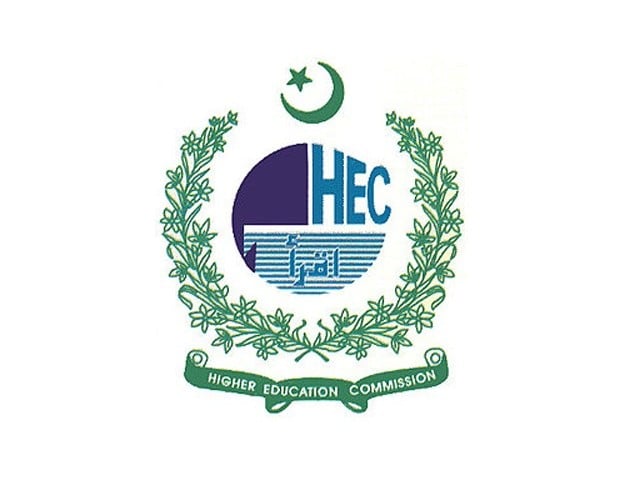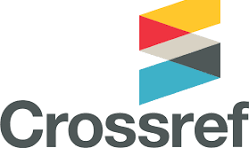Team Dynamics and Emotional Intelligence: An Overlooked Determinant of Educational Quality in Pakistan
DOI:
https://doi.org/10.63516/amss/02.02/002Keywords:
Emotional intelligence, team-member exchange, teacher performance, educational quality, socio-emotional competencies, team dynamicsAbstract
I want to draw attention to emotional intelligence (EI) and how it interacts with team dynamics, especially team-member exchange (TMX), which is a crucial but little-studied factor in determining the quality of education in Pakistan. The socio-emotional skills of teachers and the caliber of their professional interactions are still mainly disregarded, despite the fact that national educational reforms have concentrated on curriculum innovation, teacher certification, and digital transformation. It is becoming more widely acknowledged that emotional intelligence is the capacity to detect, control, and manage emotions in both oneself and others and it is also a predictor of professional performance (Law et al., 2004). High-EI teachers typically create more inclusive learning environments, better handle classroom stress, and increase student involvement. Emotional intelligence (EI) is a vital psychological resource in Pakistan's educational system, which is frequently marked by heavy workloads, subpar student-teacher ratios, and little administrative assistance (Pervaiz et al., 2019).
References
1. Aritzeta, A., Mindeguia, R., Soroa, G., Balluerka, N., Gorostiaga, A., Elorza, U., & Aliri, J. (2020). Team emotional intelligence in working contexts: development and validation of the team-trait meta mood scale (T-TMMS). Frontiers in psychology, 11, 893.
2. Law, K. S., Wong, C. S., & Song, L. J. (2004). The construct and criterion validity of emotional intelligence and its potential utility for management studies. Journal of Applied Psychology, 89(3), 483–496. https://doi.org/10.1037/0021-9010.89.3.483
3. Lu, T. P., & Chen, J. (2024). The effects of teacher’s emotional intelligence on team-member exchange and job performance: the moderating role of teacher seniority. Current Psychology, 43(5), 4323-4336.
4. Nauman, R., & Habib, Z. (2024). Environmental Factors Causing Stress in Primary School Teachers in Pakistan: Effects and Coping strategies. Hamdard Educus, 3(2), 09-29.
5. Pervaiz, S., Ali, A., & Asif, M. (2019). Emotional intelligence, emotional labour strategies and satisfaction of secondary teachers in Pakistan. International Journal of Educational Management, 33(4), 721–733. https://doi.org/10.1108/IJEM-12-2017-0350
6. Rezvani, A., Barrett, R., & Khosravi, P. (2019). Investigating the relationships among team emotional intelligence, trust, conflict and team performance. Team Performance Management, 25(2), 120–137. https://doi.org/10.1108/TPM-03-2018-0019
7. Seers, A. (1989). Team-member exchange quality: A new construct for role-making research. Organizational Behavior and Human Decision Processes, 43(1), 118–135. https://doi.org/10.1016/0749-5978(89)90060-5
8. ZHANG, H. H. (2021). Team emotional intelligence: A social network perspective. Advances in Psychological Science, 29(8), 1381.
9. Zhoc, K. C. H., Chung, T. S. H., & King, R. B. (2020). Emotional intelligence (EI) and self-directed learning: Examining their relation and contribution to better student learning outcomes in higher education. European Journal of Psychology of Education, 35(4), 839–863. https://doi.org/10.1007/s10212-019-00458-0
Downloads
Published
Issue
Section
License
Copyright (c) 2025 Archives of Management and Social Sciences

This work is licensed under a Creative Commons Attribution 4.0 International License.




